#saltykov-schedrin
Text

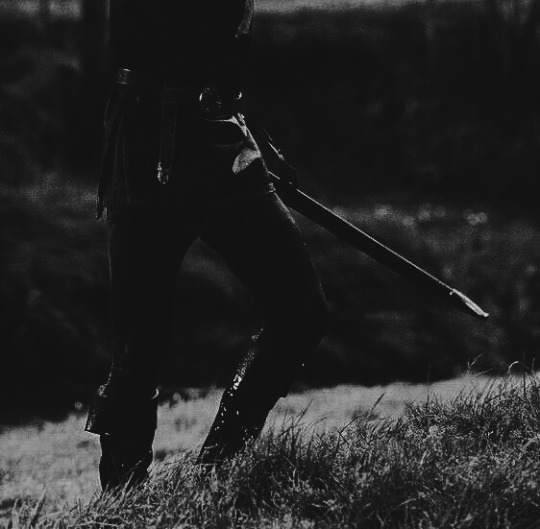
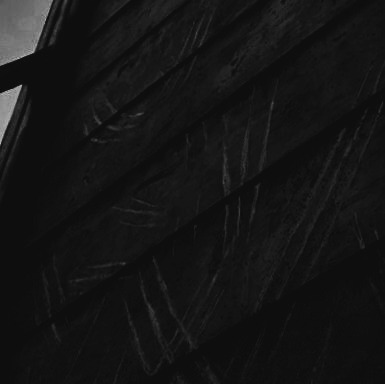
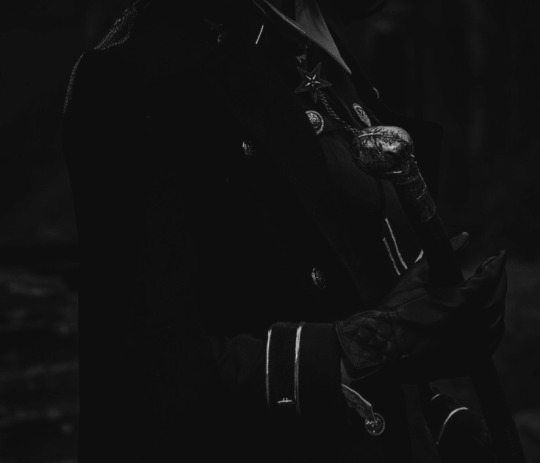
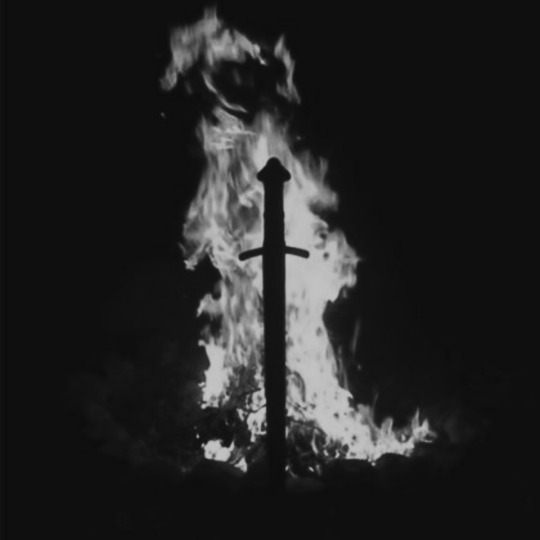
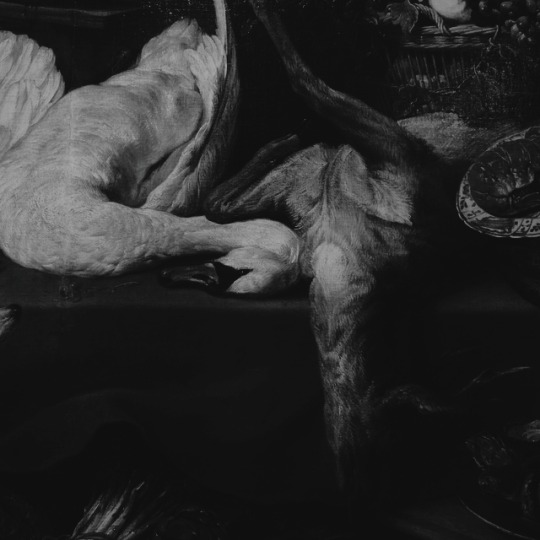
❝If they, the bastards, have no soul to lose, I must take them straight for their skin!❞
#saltykov-schedrin#Салтыков-Щедрин#медведь на воеводстве#the bear in the voivodeship#Топтыгин II#Toptygin II#dark#bear#brown bear#saber#knight#fire#major#officer#colonel#russian literature#classic literature#classic lit aesthetic#russian writers#russian classics#dead bird#dead deer#dark aesthetic#aesthetic
7 notes
·
View notes
Text
VINTE OBRAS RUSSAS À ESPERA DE TRADUÇÃO
E. Zomkowski | Editora Karpfen
Nossas editoras traduzem tudo de Tolstói e Dostoiévski. E continue a fazê-lo.
Editar Otto Maria Carpeaux, atendendo exigências acadêmicas, é sempre muito trabalho. Minha “prova de fogo” deu-se em 2016, quando a pedido da editora Danúbio, dei-me ao trabalho de reeditar A cinza do purgatório , coletânea de ensaios publicada em 1942 e 1999. traduções do latim e…

View On WordPress
#autores russos#E. Zomkowski#Editora Karpfen#literatura russa#Nikolai Leskov#obras russas#Otto Maria Carpeaux#Pissemski#Saltykov-Schedrin#turguêniev
0 notes
Photo

Reading hall of the Saltykov-Schedrin library in Leningrad. Photo by Vsevolod Tarasevich (1985).
(The library’s current name is the National Library of Russia.)
230 notes
·
View notes
Text
"If I were to fall asleep today and someone woke me up in 100 years and asked "What's going on in Russia nowadays?", I'd answer "They drink alcohol and steal things" - and I would be right."
You like Russian culture, right? Well, here you got a quote from a famous Russian writer Saltykov-Schedrin. Who else but he to know the workings of the "mysterious Russian soul"🙃
5 notes
·
View notes
Text

Mikhail Saltykov-Shchedrin at the cover of Crocodil magazine, 1951. "Now I see the heroes of the New World."
Instagram.com/litrussa
11 notes
·
View notes
Text
A man comes home and sees his house engulfed with fire, the flames darting from every joint, and it gradually dawns on him that this is that end of everything of which he has sometimes vaguely dreamed and which did he but know it, he has been expecting all his life.
— M. E. Saltykov-Schedrin, The History of a Town
#the history of a town#saltykov#saltykov schedrin#russian satire#russian lit#quotes#literary quotes#literature#writing#books#spilled ink#prose#thoughts#lit#pretty quotes#quote of the day#reverie#reverie quotes#quote#book quote#book quotes
14 notes
·
View notes
Photo



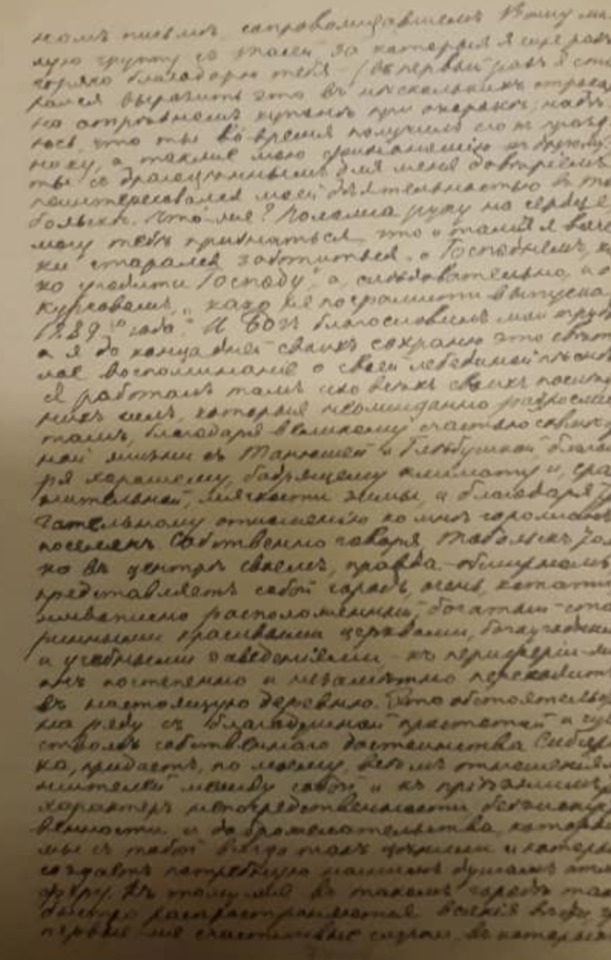

Eugene Botkin, 1916. Below is his last ever letter, written not long before he was murdered along with the Russian Imperial Family and three other servants on the 17th July 1918. Dr Botkin started this letter on 9th July 1918 but continued writing it on 17th July, when he heard the knock on his door, which was why letter ended abruptly. It was never finished or mailed. The letter was meant for his brother Alexander
“My dear, good friend Sasha, I am making the last attempt to write a real letter, - at least from here, - although this caveat is completely redundant; I do not think that it is in the cards for me to ever write from anywhere else again, - my voluntary imprisonment here is limited to my existence on this earth. In actuality, I have died – dead to my children, my friends, my work… I have died, but have not been buried yet, or rather was buried alive, - whichever you prefer: the consequences are almost identical, i.e. both one and the other have their negative and positive sides.
If I were literally dead, that is to say, anatomically dead, then according to my faith I would know what my children are doing, would be closer to them and undoubtedly more useful than now. I rest with the dead only civilly, my children may still have hope that we will see each other sometime in this life, while I, other than thinking that I can still be useful to them somehow, do not personally indulge myself with this hope, do not humour myself with illusions, but look directly into the face of unadorned reality.
Although for now, I am as healthy and fat as always, to a point where I feel disgusted every time I look in the mirror. I only console myself with the thought that if it would be easier for me to be anatomically dead, then this means that my children are better off, because when I am separated from them, it always seems to me that the worse off I am, the better off they are. And why do I feel that I would be better off dead, - I will explain this to you with small episodes, which illustrate my emotional being.
The other day, i.e. three days ago, when I was peacefully reading Saltykov-Schedrin, which I often read with pleasure, I suddenly saw the face of my son Yura in diminutive size, as if from far away, but [it was] dead, in a horizontal position, with closed eyes… The last letter from him was on 22 March o[ld] s[tyle], and since that time postal connection from the Caucasus, which even earlier faced great difficulties, probably stopped completely, as neither here nor in Tobolsk had we received anything else from Yura.
Do not think that I am hallucinating, I have had these types of visions before, but you can easily imagine, how it was for me to experience this particular thing in the current situation, which in general is quite comfortable, but to have no chance not only to go to Yura, but not even to be able to find out anything about him. Then, only yesterday, during the same reading, I suddenly heard some word, which to me sounded like ‘Papulya’, which was uttered in Tanyusha’s [his daughter Tatiana] voice, and I almost broke down in sobs.
Again, this was not a hallucination, because this word was uttered, the voice was similar, and not even for a second did I think that this was my daughter speaking, who was supposed to be in Tobolsk: her last postcard was from 23 May – 5 June, and of course these tears would have been purely egotistical, for myself, that I cannot hear and, most likely will never again hear that dear little voice and feel that affection that is so important to me, with which my little children spoiled me so. Again, the horror and sorrow which gripped me during the vision I described were purely egotistical too, since if my son had truly died, then he is happy, but if he is alive, then it is unknown what kind of trials he is going through or is fated to live through. So you see, my dear, that my spirit is cheerful, despite the torment I live through, which I bear, just described to you, and cheerful to a point where I am prepared to do this for many more years…
I am encouraged by the conviction that ‘one who bears all until the end is saved’, and the awareness that I remain loyal to the principles of the 1889 graduates. Before we graduated, while still students, but already close friends who preached and developed the same principals with which we started life, for the most part we did not view them from a religious point of view, I do not even know if too many of us were religious. But each codex of principals is a religion already, and for some it is most likely a conscious thing, while for others subconscious, - as it basically was for me, as this was the time of, not exactly uniform atheism, but of complete indifferentism, in the full sense of the word, - it came so close to Christianity that our full attitude toward it, or at least of many of us, was a completely natural transition. In general, if ‘faith is dead without work’, then ‘work’ cannot exist without faith, and if faith joins any of our work, then this is just due to special favour from God.
I turned out to be such a lucky one, through the path of heavy trials – the loss of my firstborn, the year-and-a-half-old little son Seryozha. Since that time, my codex has been widened and solidified significantly, and I took care that each task was not only about the ‘Academic’, but about the ‘Divine’. This justifies my last decision as well, when without any hesitation I left my children completely orphaned, in order to do my physician’s duty to the end, like Abraham did not hesitate to sacrifice his only son to God on His demand.
I strongly believe that the same way God saved Isaac, He will save my children too and be a father to them. But since I do not know how He will save them, and can only find out about it in the next world, my egotistic torment which I described to you, due to my human weakness, does not lose its torturous severity. But Job did bear more, and my late Misha always reminded me about him, when he was afraid that I, bereft of my dear little children, would not be able to bear it.
No, apparently I can bear it all, whatever God wills to burden me with. In your letter, for which I ardently thank you once more (the first time I tried to convey this in a few lines on a detachable coupon, hopefully you got it in time for the holiday, and also my physiognomy – for the other?), you were interested in my activities in Tobolsk, with a trust precious to me. And so? Putting hand on heart, I can confess to you that there, I tried in every way to take care of ‘the Divine, as the Lord wills’ and, consequently, ‘not to shame the graduates of year 1889′. And God blessed my efforts, and I will have until the end of my days this bright memory of my swan song.
I worked with my last strength, which suddenly grew over there thanks to the great happiness in the life [we had] together with Tanyusha and Glebushka [his son Gleb], thanks to the nice and cheerful climate and relative mildness of winter and thanks to the touching attitude towards me from the townspeople and villagers. As a matter of fact, in its center, albeit a large one, Tobolsk presents as a city that is very picturesquely located, rich with ancient churches, religious and academic institutions, [but] at the periphery it gradually and unnoticeably transitions into a real village. This circumstance, along with noble simplicity and the feeling of self-respect of Siberians, in my opinion gives the relationships among the residents and not visitors, the specific character of directness, naiveté and benevolence, which we always valued and which creates the atmosphere necessary to our souls.
In addition, various news spreads around the city very fast, the first lucky incidents for which God helped me be of use brought out such trust towards me, that the number of those wanting to get my advice grew with each day, up to my sudden and unexpected departure. Turning to me were mostly those with chronic illnesses, those who were already treated again and again, [and] sometimes, of course, those who were completely hopeless. This gave me the opportunity to make appointments for them, and my time was filled for a week or two ahead in each hour, as I was not able to visit more than six - seven, in extreme cases eight patients per day: since all these cases needed thorough review and much and much pondering.
Who was I called to besides those ill within my specialty?! To the insane, to those asking to be treated for drunkenness; [they] brought me to a prison to see a kleptomaniac, and with sincere joy I remember that the poor wretch of a lad, who was bailed out by his parents on my advice (they are peasants), behaved decently the rest of my stay… I never denied anyone, as long as the supplicants accepted that certain illnesses were completely beyond the limits of my knowledge. I only refused to go to those recently fallen ill if, of course, they needed emergency help, since, on the one hand I did not want to get in the way of regular physicians of Tobolsk, which is very lucky to have them in the capacity and most importantly, quality of relations.
They are all very knowledgeable and experienced people, excellent comrades and so responsive that the Tobolsk public is used to sending a horse or cabby to the doctor and receive him immediately. More valuable is their patience towards me, who did not have the ability to fulfill these types of requests, but on the contrary, was forced to make them wait a long time. It’s true that soon it became commonly known that I never refuse anyone and keep my word sacredly, a patient could wait for me with peace of mind.
But if their illness did not allow them to wait, then the patients went to local physicians, which always made me happy, or to Doctor Derevenko, who also possessed their vast trust, or they headed to the hospital, and this way it would happen that when I arrived at a time of prescheduled appointment, I did not find the patient there, but that was always convenient, since most of the time my schedule was so extensive that I wasn’t able to accomplish everything, at times debts formed, which I paid off when I did not find someone there.
To see [patients] at the house where I was staying was inconvenient, and anyway there was no room, nevertheless from 3 until 4 ½ - 5, I was always home for our soldiers, whom I saw in my room, the walk-through room, but since only our own [people] passed though there, it did not discomfort them. During the same hours, my town patients came to see me too, either for a refill of a prescription or to make an appointment. I was forced to make exceptions for peasants who came to see me from villages tens or even hundreds of versts away (in Siberia they don’t pay attention to distance), and who were in a hurry to get back. I had to see them in a small room before the bathroom, which was a bit out of the way, where a large chest served as an examining table.
Their trust was especially touching to me, and their confidence, which never betrayed them, that I will treat them with the same attention and affection as any other patient, not only as an equal but as a patient who has every right to my care and services, gave me joy. Those who were able to spend the night, I would visit at the inn early the next morning. They always tried to pay, but since I followed our old codex, of course I never accepted anything from them, so, while I was busy in an izba with a patient, they hurried to pay my cabby. This surprising courtesy, to which we are not used to at all in large cities, was occasionally highly pertinent, as at times I was not in a position to visit patients due to lack of funds and fast-growing cab costs.
Therefore, for our mutual benefit, I widely took advantage of another local tradition and asked those who had a horse, to send it for me. This way, the streets of Tobolsk saw me riding in wide bishop’s sleighs, as well as behind beautiful merchant trotters, but most often drowning in hay in most ordinary burlap. My friends were equally varied, which perhaps was not to everyone’s liking, but it was no concern of mine. To Tobolsk’s credit I must add that there was no direct evidence of this at all, and only one indirect, which in addition was not unquestionable.
One evening the husband of one of my female patients came to see me with a request to visit her right away, because she had strong pains (in the stomach). Luckily, I was able to fulfill his wish, albeit at a cost to another patient, for whom I did not schedule a visit, but rode with him to his house in a cab in which he came to get me. On the way he starts to grumble at the cabby, that he is not going the right way, to which the latter reasonably respon [letter ends abruptly].”
71 notes
·
View notes
Photo

Here they are! My Russian literature shelves in the living room. From top left to right, there are Dostoevsky, Tsypkin, and Tolstoy (continued below), then Pushkin, Gogol, Chekhov, Turgenev (continued below), Lermontov, Bulgakov, Solzhenitsyn, Saltykov-Schedrin, Goncharov, Babel, then a little poetry section with Akhmatova, Tsvetaeva, and Mayakovsky, then one row down there is Grossman, Sinyavsky, Shalamov, Sholokhov, Gorky, Pasternak, Bely, Odoevsky, Sokolov, Leskov, Nabokov to the right, and some works of Russian history. I had some space left, which I decided to fill with Eastern European literature—like Hrabal, Borowski, Kundera, and Hašek. I decided to include my Norton Anthology of World Literature. Finally, the rows on the bottom toward the right I will use for books that I’m currently reading/just received, kind of like a temporary holding spot. I thought that the new shelf would allow me to clear my kitchen table of books entirely, but alas, I had too many of them. I did manage to clear the table, though, so I can work there again. I simply moved a bunch of the books upstairs, double-stacking where necessary. All in all, I’m very pleased with the new setup. ☺️🤓
215 notes
·
View notes
Quote
"The writer is writing away, the reader is reading away" - the writer doesn't care what the reader is after, the reader doesn't care what the writer is about. Such a state of things hurt Schedrin very much [Saltykov-Shchedrin (1826–1889), satirist]. He would have liked it different; no sooner has the writer said a word, than the reader at once scales the wall. This was his ideal. But the reader is by no means so naïve as all that. He prefers to rest easy, and insists that the writer shall climb the wall for him. So those authors succeed with the public who write "with their heart's blood."
Conventional tournaments, even the most brilliant, do not attract the masses any more than the connoisseurs. People rush to see a fight of gladiators where awaits them a scent of real, hot, smoking blood, where they are going to see real, not pretended victims.
Thus many writers, like gladiators, shed their blood to gratify that modern Caesar, the mob. "Salve, Caesar, morituri te salutant !"
Lev Shestov (1866-1938), from “Apotheosis of Groundlessness (An attempt of adogmatic thinking)” (1905), translated from the Russian by S.S. Koteliansky (1920)
“"Писатель пописывает, читатель почитывает" - Щедрина очень обижало такое положение вещей. Он бы хотел, чтоб было иначе:
чуть только писатель сказал слово - читатель сейчас же на стену. Но читатель вовсе не так прост, как это принято думать: он предпочитает оставаться спокойным и требует, чтоб сам писатель на стену лез. Оттого-то у публики имеют обыкновенно успех только те авторы, которые пишут "кровью своего сердца". Условные турниры, даже самые пышные, никогда не привлекают ни большой публики, ни тем паче знатоков искусства. Люди бегут смотреть на бой гладиаторов, где их ждет зрелище настоящей, горячей, дымящейся крови, где будут действительные, а не воображаемые жертвы.
И многие писатели, как истинные гладиаторы, проливают свою кровь, чтоб угодить Цезарю - толпе: salve, Caesar, morituri te salutant !“
#Lev Shestov#Apotheosis of Groundlessness#Russian philosopher#Russan philosophy#philosophy#Лев Шестов#философия#Апофеоз беспочвенности#русская философия#русский философ
9 notes
·
View notes
Photo

Не только моя заслуга, @kotoguk тож постарался. эт “Повесть о том, как один мужик двух генералов прокормил “
“How One Man Fed Two Generals” by Saltykov-Schedrin.
0 notes
Text

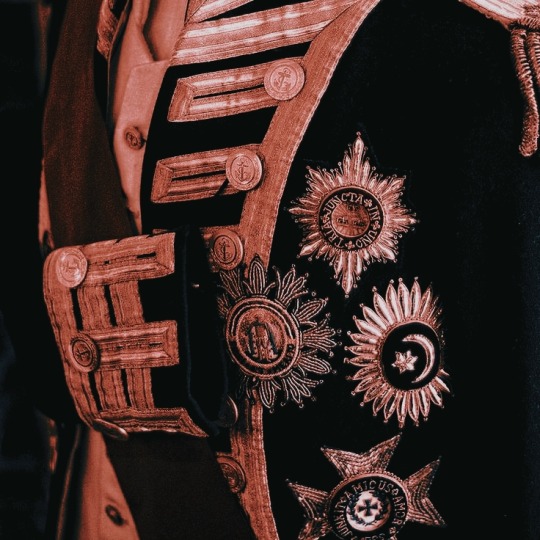



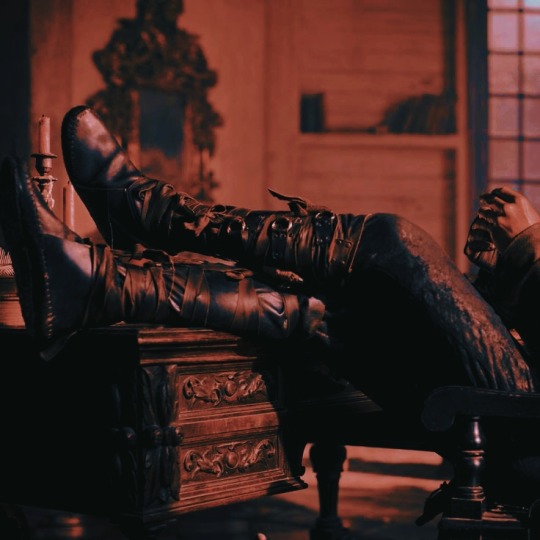
❝If it is not permissible to commit large or small atrocities, then is it not possible to commit at least moderate atrocities?❞
#saltykov-schedrin#Салтыков-Щедрин#the bear in the voivodeship#медведь на воеводстве#Топтыгин III#Toptygin III#light aesthetic#brown bear#bear#luxury#boots#fruits#gold#major#officer#colonel#blackberries#russian classics#russian writers#russian literature#classic lit aesthetic#classic literature#money#aesthetic
2 notes
·
View notes
Photo

Saltykov-Schedrin State Public Library (currently called the National Library of Russia). Leningrad, 1960s.
#libraries#lenin#1960s#reading#soviet union#soviet#ussr#russia#history#photography#vintage#retro#black and white
264 notes
·
View notes
Link

0 notes
Text
The weft and warp of intrigue are dangerous things if you once start pulling at the ends.
— M. E. Saltykov-Schedrin, The History of a Town
#the history of a town#saltykov#saltykov schedrin#russian satire#russian lit#quotes#literary quotes#literature#writing#books#spilled ink#prose#thoughts#lit#pretty quotes#quote of the day#reverie#reverie quotes#quote#book quote#book quotes
6 notes
·
View notes
Text
Eighteen Soviet Avenues
If Moscow is replete with “former that, now this” places, Irkutsk, like numerous other Russian cities, lives through the company of renaming now (and for the last twenty years).
New topographies are inscribed and re-inscribed above the layers of Soviet naming and re-naming—for with the politics of the Party switching and adjusting, it unoften happened that organizations had to be renamed to keep up with the demands of epoch.
“New” becomes renewed old—the new names for streets and squares are, as a rule, taken from the pre-Revolutionary maps.
Renaming is always a trouble, of course; apart from “former this now that” trope to be used for decades, people have to bother themselves with settling their private affairs: at the very least changing passports and all other documents concerned with address. The turmoil starts as a political game: new administration confronting the previous, whatever their positions on the issue are, or a bold politician challenging a party.
Saltykov-Schedrin-ness of things is all too manifest. Renamings are eagerly debated despite that (or maybe because) there are other things waiting to be done, or agenda to be discussed. It is easy to call it populist, but names have magical power; what new could possibly develop on 18th Soviet avenue, 17th Soviet avenue, or even on 1st Soviet avenue, for that matter?
“But really eighteen Soviet avenues in Irkutsk seem to be a bit odd. And over the top. Can’t we invent other names? Ah and strictly speaking there are twenty one Soviet avenues (pereulkov), but the last three have no houses assigned.”
“Anti-Soviet is a great idea. Maybe we now need eighteen Anti-Soviet avenues in this city.”
8 notes
·
View notes
Text

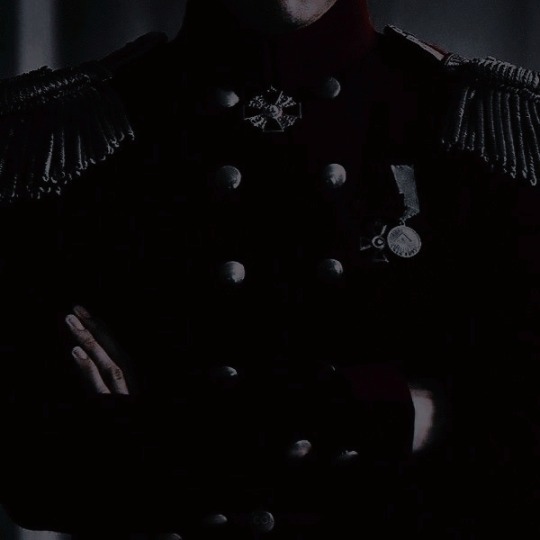


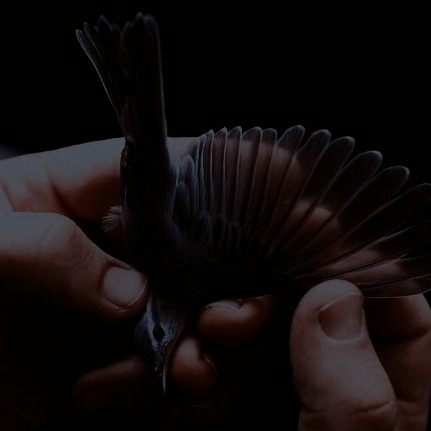
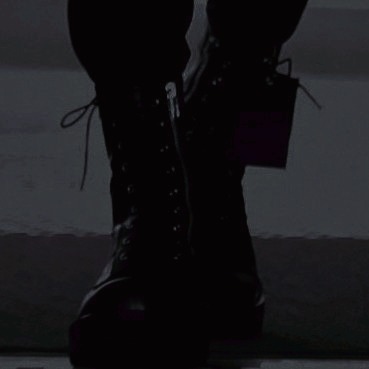
❝Bloodshed... bloodshed... that's what I need!❞
#saltykov-schedrin#Салтыков-Щедрин#медведь на воеводстве#Топтыгин I#Toptygin I#dark#bear#brown bear#bird#dead bird#saber#knight#boots#major#officer#colonel#alcohol#russian literature#classic literature#classic lit aesthetic#russian writers#russian classics#the bear in the voivodeship#dark aesthetic#aesthetic
2 notes
·
View notes